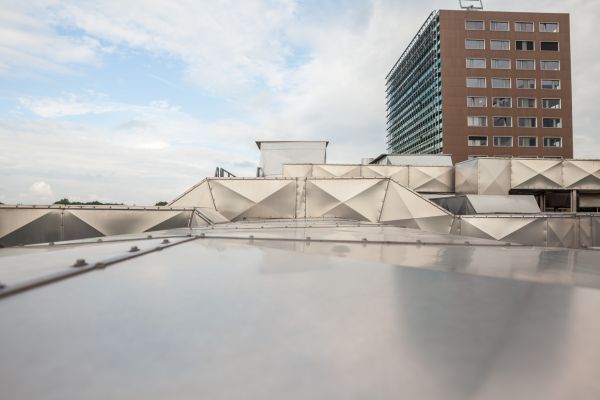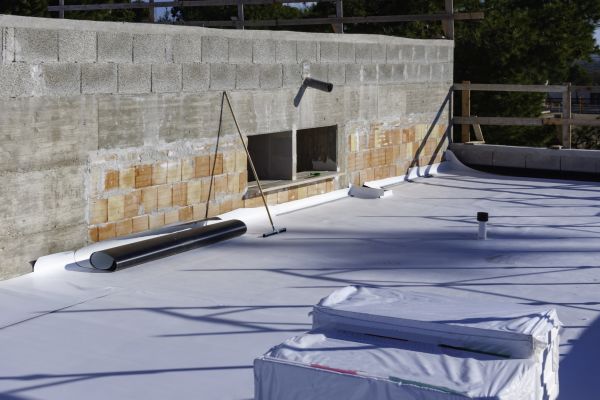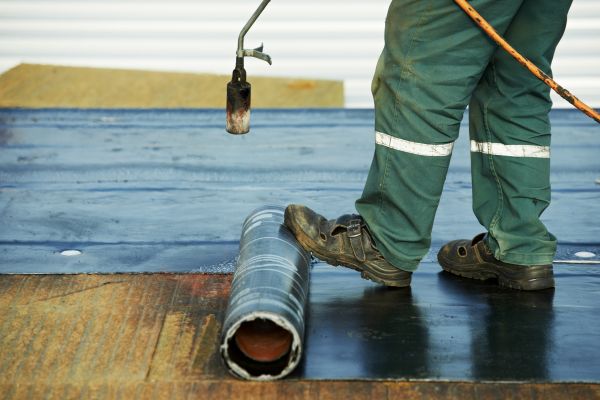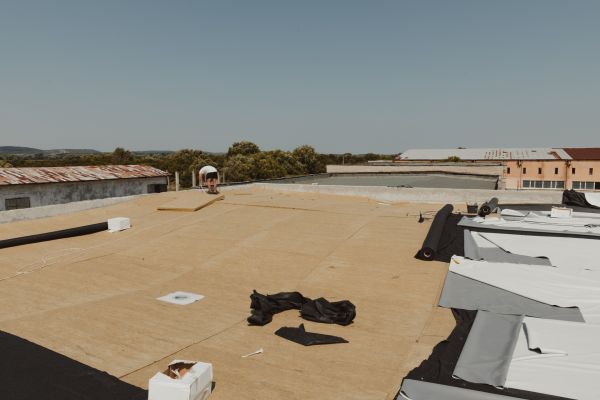TPO Membrane Installation
Welcome to Attleboro Roofing
Serving Attleboro, MA
Thermoplastic Polyolefin (TPO) membrane installation is a crucial process in the roofing industry, particularly for commercial buildings. This single-ply roofing membrane is known for its durability, flexibility, and resistance to UV rays, making it an ideal choice for a wide range of climates. During installation, the TPO membrane is typically adhered, mechanically attached, or ballasted to the roof deck, ensuring a secure and watertight seal. Proper installation is vital to maximize the membrane's lifespan and performance, as it helps prevent leaks, reduces energy costs, and maintains the structural integrity of the building. A professional installation not only enhances the roof's durability but also contributes to improved energy efficiency by reflecting heat away from the building.
Benefits of TPO Membrane Installation
-
Energy Efficiency
TPO membranes are highly reflective, which helps in reducing the building's cooling costs by reflecting sunlight and heat away from the roof surface. This energy-efficient feature can lead to significant savings on energy bills, especially in warmer climates where air conditioning use is prevalent. -
Durability and Longevity
The robust nature of TPO membranes ensures that they are resistant to tears, punctures, and impact damage. This durability contributes to a longer lifespan compared to other roofing materials, making it a cost-effective solution for property owners seeking a reliable roofing option. -
Ease of Installation and Maintenance
TPO membranes are known for their ease of installation, which can result in reduced labor costs and quicker project completion times. Additionally, their smooth surface makes maintenance straightforward, helping to keep the roof in optimal condition with minimal effort.
Fill out the contact form today to request TPO Membrane Installation service in Attleboro.







